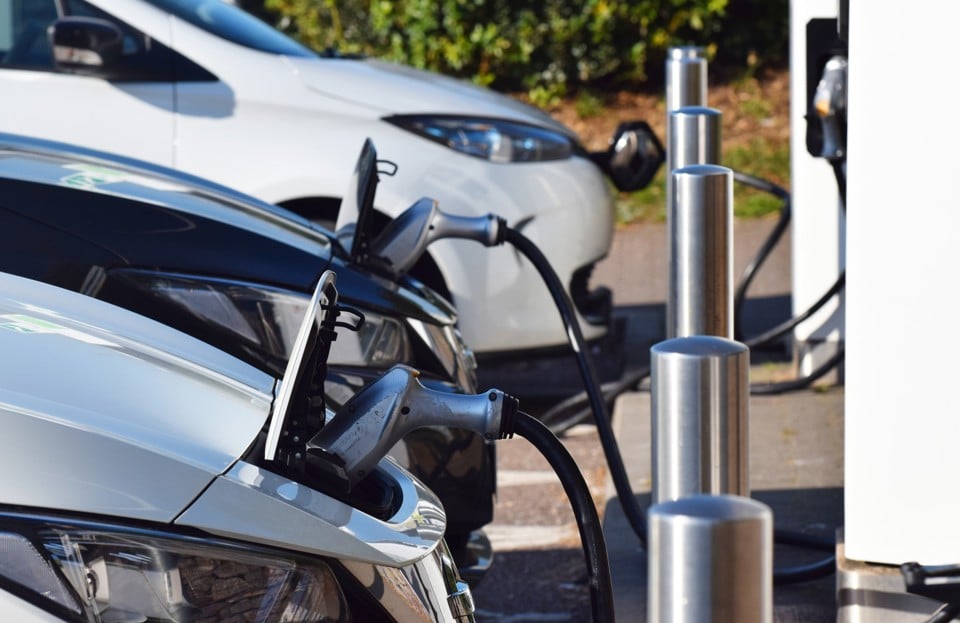The Finance and Leasing Association (FLA) has called for Chancellor of the Exchequer Rishi Sunak to announce a Green Finance Wholesale Guarantee and reform corporation tax to make green investments more affordable.
The Chancellor will make his Autumn Budget Statement on October 27 and the FLA has now published its submissions to Government, which include a number of measures to help businesses reduce energy consumption on the road to Net Zero emissions.
At the heart of its suggestions to help businesses “finance decarbonisation”, with the recommendation of a Green Finance Wholesale Guarantee to help ensure a supply of affordable funding for green assets in the consumer and business finance markets.
The FLA said lender involvement should be central to the Government’s Net Zero plans as finance is often the “only way to put greener vehicles, plant and machinery, home improvements or business equipment within the reach of customers”.
It wants Government to put systems in place that remove the elevated level of credit risk often attached to green goods as a result of uncertainty related to their depreciation or obsolescence.
 Stephen Haddrill, the director general of the FLA spelled out how its Budget submissions could help make green investments even more cost-effective, if implemented.
Stephen Haddrill, the director general of the FLA spelled out how its Budget submissions could help make green investments even more cost-effective, if implemented.
He said: “Risk is a problem that eases over time once there is sufficient data on which to calculate residual values, and an established secondary market in which to sell the used assets, but time is a luxury we do not have if the Government’s Net Zero targets are to be met.
“Because the Government’s schedule does not allow for this market to evolve at its own pace, there needs to be a sharing of risk.
“We are therefore recommending a Green Finance Wholesale Guarantee scheme which would run from 2022 to 2026 and cover losses on a portfolio basis.”
The FLA’s submission to the Budget also includes a recommendation to reform corporation tax rules to allow “full expensing” so that firms can immediately deduct the cost of investments, rather than spreading it over the lifetime of the asset.
Where full expensing has been introduced in other countries, it has resulted in significant investment growth, it said.
The FLA’s suggestions come as a News Insight feature published in the November edition of AM magazine concluded many car retail businesses could be compelled to invest in a Net Zero future as a result of the soaring cost of gas and electricity this winter.
 But Nigel Morris, tax director at MHA, told the latest edition of AM of his disappointment that green technology, including electric vehicle (EV) charge points, solar panels and wind turbines are not included in Government’s current 130% tax super deduction.
But Nigel Morris, tax director at MHA, told the latest edition of AM of his disappointment that green technology, including electric vehicle (EV) charge points, solar panels and wind turbines are not included in Government’s current 130% tax super deduction.
Morris said that such investments should now be of dealers’ radars.
“In the past it’s always been the case that car retailers would look at these things and compare them to the price of a new ramp in the workshop – or something similar,” he said.
“As the rising cost of energy persists it transforms the ROI for those items, though. Solar panels that may have delivered an eight-to-10-year ROI might now be back to, say, four to six.”
Earlier this week Ministers revealed that the UK Governemnt will earmark £620m for zero emission vehicle grants and EV infrastructure, including funding for local EV infrastructure, as part of its newly-published Net Zero Strategy.
It is also allocating a further £350m of its £1bn Automotive Transformation Fund (ATF) to support the electrification of UK vehicles and their supply chains.















Login to comment
Comments
No comments have been made yet.